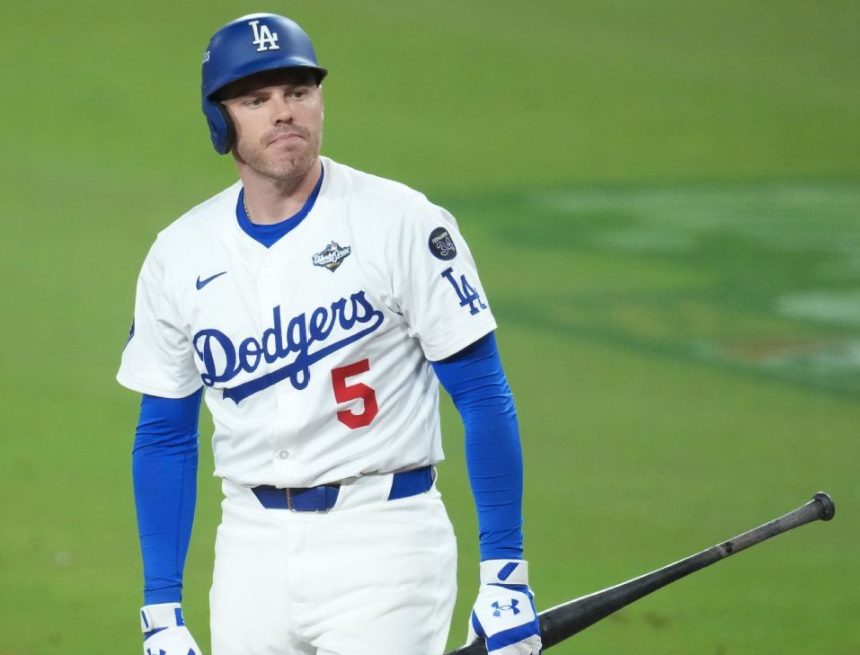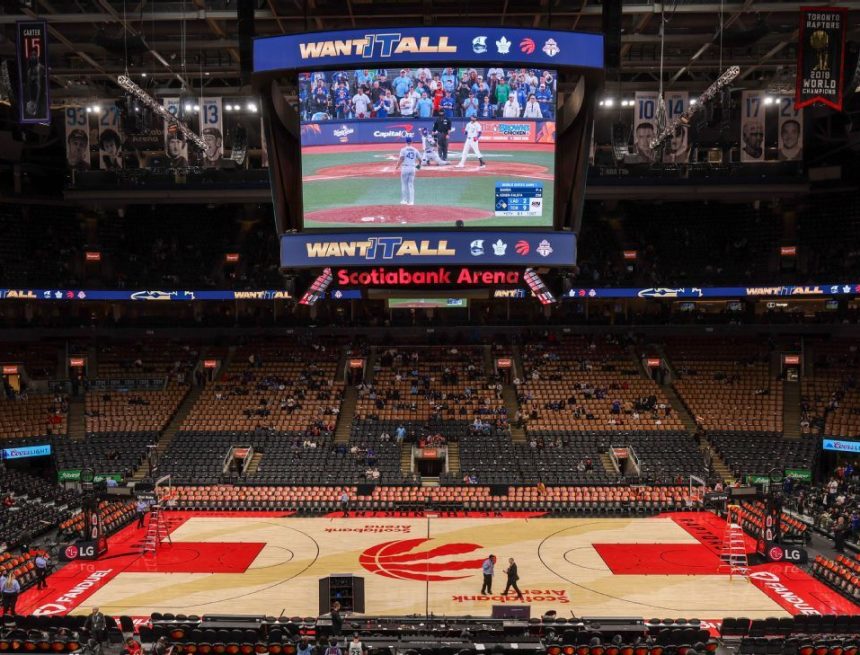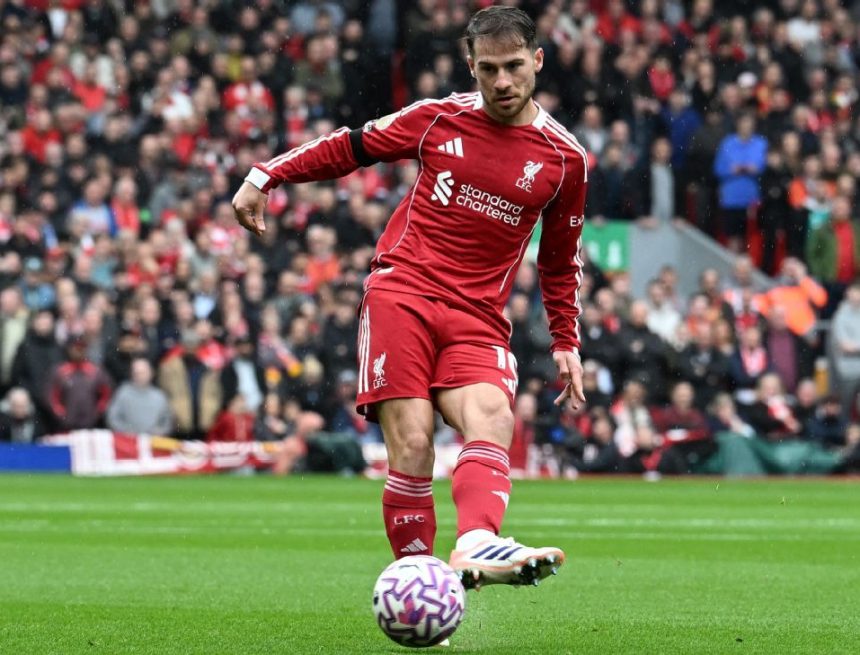With the WNBA’s collective bargaining agreement set to expire Friday, the league and the WNBPA agreed to a 30-day extension of the current CBA through Nov. 30, albeit with one caveat, the players association acknowledged Friday.
“The WNBPA Executive Committee agreed to the league’s proposed 30-day extension of the current CBA, with the condition that the players may terminate the extension at any time with 48 hours’ notice,” read a statement from the players’ association.
“While we believed negotiations would be further along, the players are more focused, united, and determined than ever to reach an agreement that reflects their value and undeniable impact on the league.”
Expiration of the current CBA would have opened the door to a possible strike by players or lockout initiated by owners.
ESPN reported Tuesday that the WNBA had offered the players’ association the extension of the CBA, following a similar path to the most recent round of CBA negotiations after the 2019 season, when the two sides agreed to a 60-day extension before agreeing to a new deal in January 2020.
There have been multiple meetings this week between the WNBA and WNBPA as part of negotiations, which have centered on how the league’s salary cap is determined. The WNBA has proposed sizable increases to the league’s minimum and maximum salaries, reflecting increased revenue generated by the WNBA since the last CBA was signed.
Though the league’s proposal maintains revenue targets that could allow players to share in future growth, the salary cap would remain fixed during the deal if those targets are not met. The WNBPA has countered with offers that would tie the salary cap to basketball-related income, similar to the way the NBA, NFL and NHL have long operated.
The National Women’s Soccer League (NWSL) also adopted a model that shares revenue in its most recent CBA, signed last year.
The WNBA and WNBPA have traded sharp words over the current disconnect.
Last week, NBA commissioner Adam Silver said on the “TODAY Show” that WNBA players will get a “big increase” in salaries, while pointing to “absolute numbers” as the way to measure that growth, as opposed to the share of revenue. The league has said that “the players’ association has yet to offer a viable economic proposal and has repeatedly refused to engage in any meaningful way on many of our proposal terms,” and that it has offered an uncapped revenue-sharing model that is directly tied to the league’s performance.
The union has countered those claims, saying the league has “run out the clock, put lipstick on a pig and retread a system that isn’t tied to any part of the business and intentionally undervalues the players. The fact that the league now wants to call any part of its proposal ‘uncapped’ is precisely why its leadership, transparency and accountability are being challenged right now.”
ESPN’s Alexa Philippou contributed to this story.


